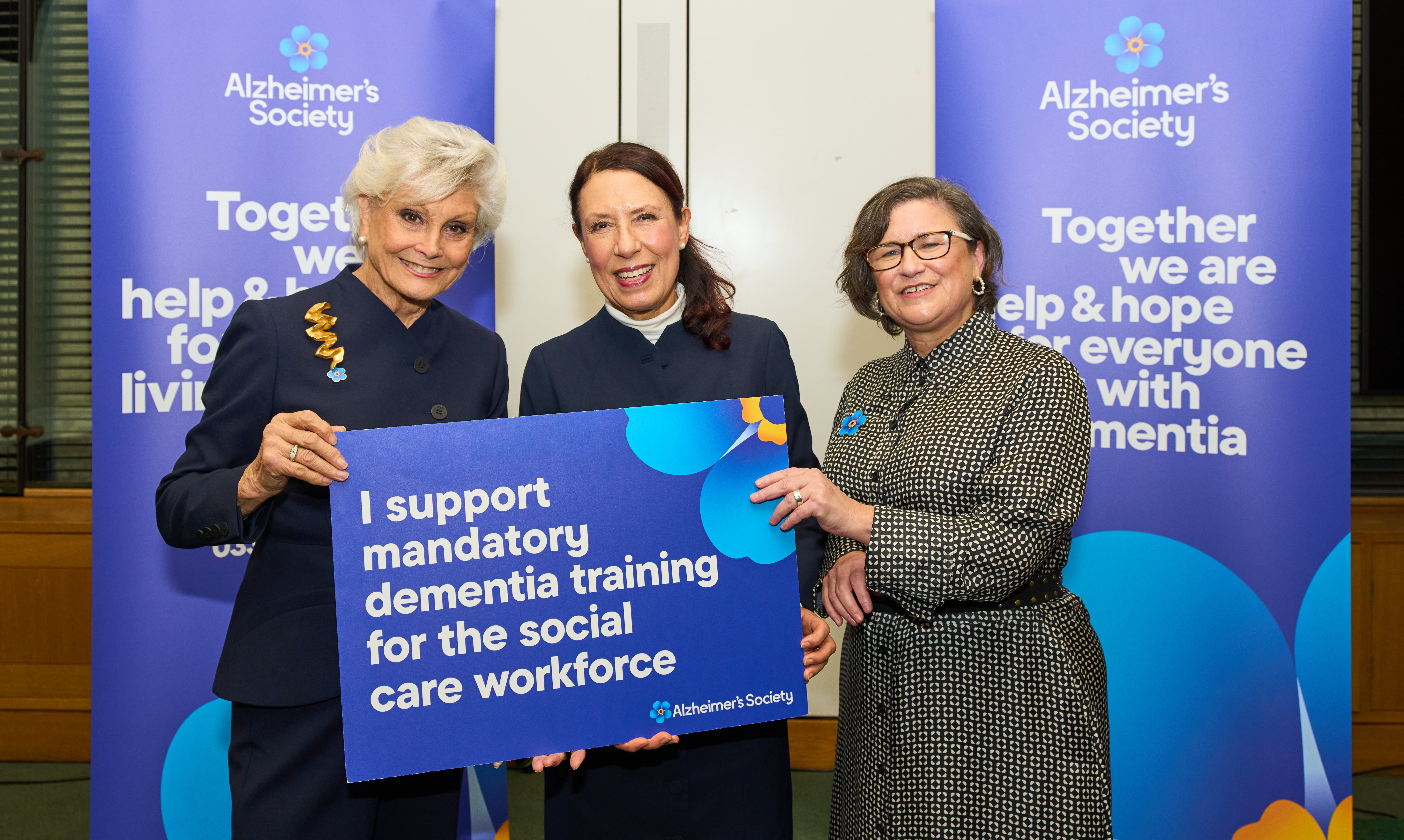Policy and influencing

Why we're fighting for better
Our calls for change are evidence based. We gather and generate insights on the scale and impact of dementia across the UK. We produce reports to deepen understanding of dementia and to inform solutions.
Campaign with us
Sign up today to hear more about how you can get involved in helping end the devastation caused by dementia.

